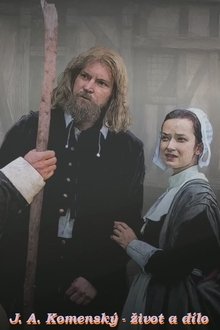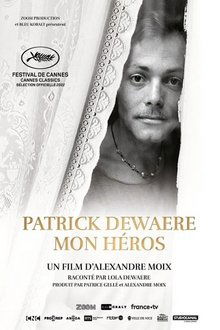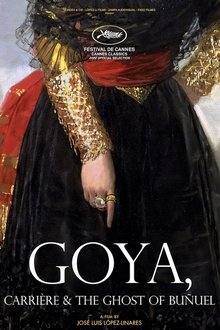A portrait of Chinese writer Liu Xiaobo (1955-2017), a witness of the Tiananmen Square massacre (1989), a dissident, a woodpecker who tirelessly pecked the putrid brain of the Communist regime for decades, demanding democracy loudly and fearlessly. Silenced, arrested, convicted, imprisoned, dead. Nobel Peace Prize winner in 2010, alive forever. These are his last words.
Related Movies

Penélope Cruz: Diva in the Mirror (2022)
An account of the life and work of Spanish actress Penélope Cruz: a long journey that began in the working-class neighborhoods of Madrid and ended in the hills of Hollywood.
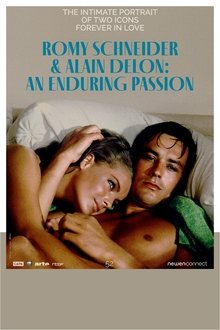
Romy Schneider & Alain Delon: An Enduring Passion (2022)
Austrian actress Romy Schneider (1938) and French actor Alain Delon (1935), once fervent lovers in the early sixties, maintained a close friendship and a certain working relationship after their breakup until her death in 1984: a universal and eternal love.
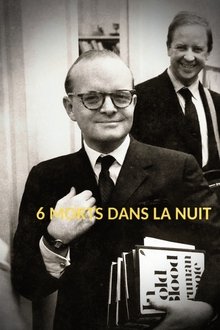
6 morts dans la nuit : « De sang-froid » – Truman Capote (2024)
To write In Cold Blood (1966), a nonfiction novel that revolutionized world literature, Truman Capote (1924-84) spent five years in Kansas researching the murder of members of the Clutter family and collecting the confidences of its two authors.
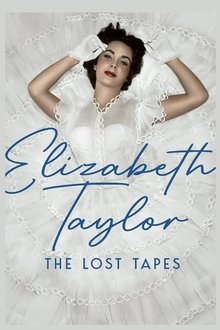
Elizabeth Taylor: The Lost Tapes (2024)
Newly discovered interviews with Elizabeth Taylor and unprecedented access to the star’s personal archive reveal the complex inner life and vulnerability of the groundbreaking icon.
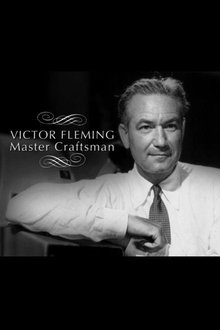
Victor Fleming: Master Craftsman (2009)
A documentary on the life and career of Victor Fleming, director of such iconic movies as The Wizard of Oz and Gone with the Wind.
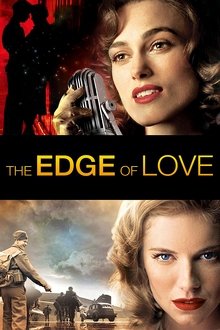
The Edge of Love (2008)
When the Welsh poet Dylan Thomas and his flirtatious wife Caitlin sweep into war-torn London, the last thing they expect is to bump into Dylan's childhood sweetheart Vera. Despite her joy at seeing Dylan after so many years, Vera is swept off her feet by a dashing officer, William Killick, and finds herself torn between the open adoration of her new found beau and the wily charms of the exotic Welshman.
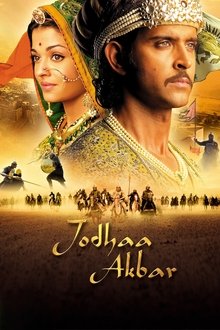
Jodhaa Akbar (2008)
A sixteenth century love story about a marriage of alliance that gave birth to true love between a Mughal emperor and a Rajput princess.
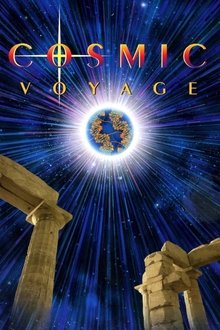
Cosmic Voyage (1996)
The Academy Award® nominee Cosmic Voyage combines live action with state-of-the-art computer-generated imagery to pinpoint where humans fit in our ever-expanding universe. Highlighting this journey is a "cosmic zoom" based on the powers of 10, extending from the Earth to the largest observable structures in the universe, and then back to the subnuclear realm.
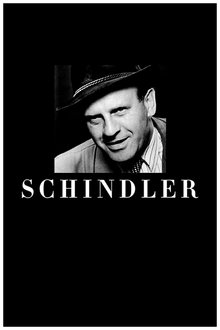
Schindler (1983)
The true story of German-Czech businessman Oskar Schindler (1908-74) as told by some of the Jews — more than a thousand people — whose lives he saved from extermination during World War II.
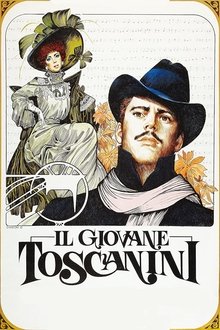
Young Toscanini (1988)
A fanciful biopic of legendary conductor Arturo Toscanini as a very young man.
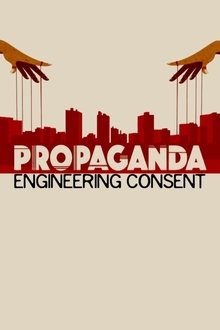
Propaganda: Engineering Consent (2018)
How can the masses be controlled? Apparently, the American publicist Edward L. Bernays (1891-1995), a pioneer in the field of propaganda and public relations, knew the answer to such a key question. The amazing story of the master of manipulation and the creation of the engineering of consent; a frightening true story about advertising, lies and charlatans.

Being the Ricardos (2021)
Lucille Ball and Desi Arnaz face a crisis that could end their careers and another that could end their marriage.
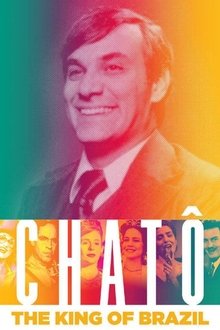
Chatô, The King of Brazil (2015)
The true story of Assis Chateaubriand, the first magnate of communications in Brazil. Due to his influence during the late 1930s up to the early 1960s, he has come to be called 'the Brazilian Citizen Kane'.

Silicon Valley, Baby. (2020)
Finnish award-winning barista Kalle Freese travels to San Francisco with his girlfriend to start an instant coffee start-up with big goals. At stake are Kalle's health, relationship and the newly formed start-up.
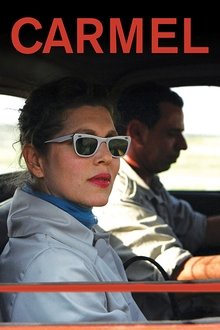
Carmel (2009)
Israeli filmmaker Amos Gitaï offers a look impressionist long history of armed conflict in their nation.
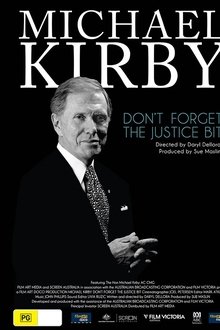
Michael Kirby: Don't Forget the Justice Bit (2010)
Filmed during and after his time on the High Court of Australia, this documentary about Justice Michael Kirby explores the personal, moral and spiritual convictions of one of our most compassionate and incisive legal minds. Michael Kirby reveals himself in this film through a long-form interview in a way he has never done before. It was only at the age of 61 he publicly revealed for the first time that he had been in a homosexual relationship since 1969 with partner Johan van Vloten. This film represents the first time Johan has spoken publicly about their life together.
